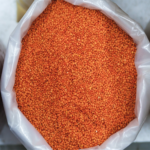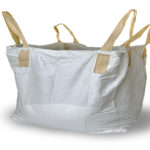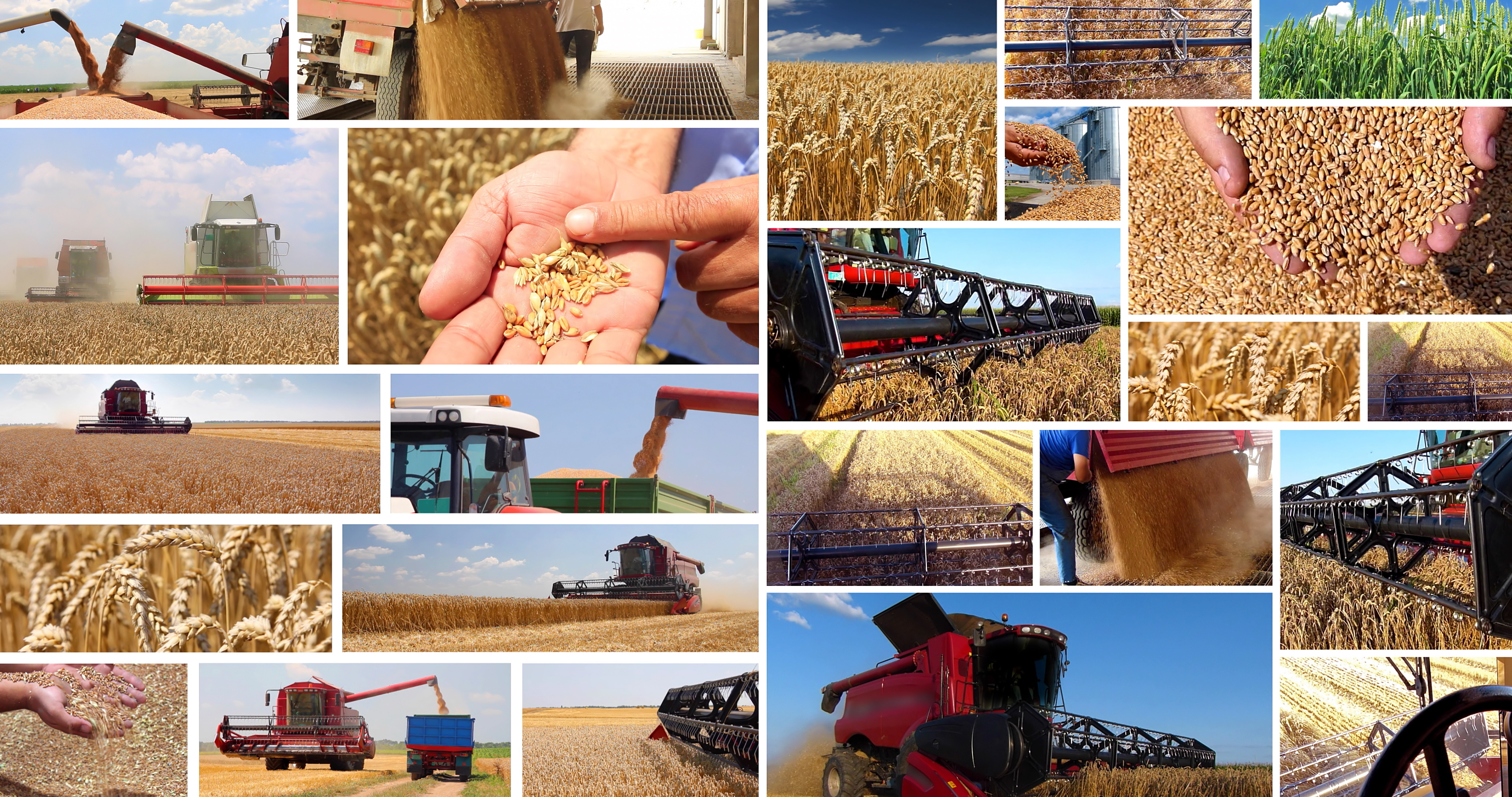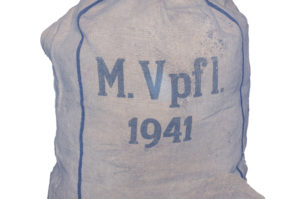Tons of dry goods are grown, processed, and distributed in the United States and overseas. People depend on dry goods as food, for pest control, and more. Maintaining the integrity of dry goods ensures agricultural businesses remain profitable. And the smart handling of dry goods ensures consumers are safe. This protects the reputation of the company producing these goods. Learn about the proper handling of dry goods and the use of wholesale bulk bags.
Temperature Matters
When it comes to dry goods, the right temperature is critical. Temperature fluctuations can damage certain dry goods, particularly food items, and render them unusable. Dry goods can be ruined if they are kept in a place that is too hot or too cold. While a storeroom or warehouse temperature can be controlled, it is harder to ensure temperature control in transit.
During transportation, breathable bulk bags are highly beneficial as they help keep products at a stable temperature. For instance, bulk bags with ventilation can prevent moisture buildup that might occur due to temperature shifts. This is especially important for goods that are sensitive to humidity or those that could spoil or clump if exposed to condensation. Breathable bulk bags protect dry goods against external elements while letting them breathe enough to handle the temperature changes along the way.
The Problem With Direct Sunlight
While bulk bags help shield products from some UV exposure, it’s critical to avoid prolonged exposure to direct sunlight when possible. Many food products, especially those fortified with vitamins like A, D, and K, are prone to light degradation, which can diminish their nutritional value.
Moreover, plastic-based dry goods, such as resins and plastic beads, can warp or melt if exposed to too much heat or sunlight, impacting their usability and quality. Bulk bags provide a crucial first line of defense against these issues. However, ensuring that storage areas and transport vehicles offer adequate sun protection—such as using covers or shaded storage solutions—will further safeguard products during transit.
Storage Away From the Floor and Walls
Proper storage is essential to protect dry goods from potential contamination and temperature fluctuations. Bulk bags are usually stored on pallets, which is the correct method to keep dry goods as safe as possible, placing them directly on the floor can expose products to humidity and even pests. Elevating bulk bags not only keeps them off the ground but also improves airflow around the bags, which helps to maintain a stable temperature.
Keeping bulk bags away from walls can prevent them from picking up moisture. If dry goods are stacked too closely against walls, they may be more susceptible to mold or mildew in high-humidity environments. These conditions can be harmful to dry goods and even cause damage. Plus, leaving dry goods on the floor can expose them to contaminants. Dry foods should be stored away from chemicals and other toxic elements. However, keeping them in bulk bags provides a protective layer so these foods remain safe for human and animal consumption.
Consider Pests and Vermin
The scent of edible dry goods often attracts pests, making protecting products from rodents, insects, and other critters essential. These unwanted critters damage the food and make it unsafe for people to eat, ultimately leading to major losses for agricultural companies. Consider the existence of pests and vermin while the dry goods are being stored and transported. Even the cleanest storage facilities may have occasional pest issues, so proper pest control measures and well-sealed packaging are vital.
Polypropylene bulk bags, often used for transporting grains, seeds, and other dry goods, are designed to withstand many types of pest intrusions. The thick material discourages rodents from attempting to chew through, which helps preserve the product’s quality and safety. However, consider incorporating additional pest prevention measures, such as using pest-repelling barriers or traps, for extra peace of mind.
Understanding Bulk Bag Options: Picking the Right Type
Not all bulk bags are created equal, and selecting the right kind can significantly improve the preservation of dry goods. Various sizes, materials, and customizations are available, each designed to serve specific needs. For example, woven polypropylene bulk bags are sturdy and moisture-resistant, ideal for heavy-duty use in outdoor or humid conditions. On the other hand, some products may benefit from food-grade bulk bags that comply with FDA standards for safe food contact.
Beyond material, the size of the bulk bag should align with the quantity and density of the goods being stored. Bags can be customized with handles or loops for easier transportation, and many suppliers offer color or print customization to improve product identification and promote brand visibility.
Benefits of Using Custom Bulk Bags
Working with a professional to customize bulk bags to your specifications can provide several benefits. Custom bulk bags are an excellent branding tool; they allow for printed logos, product information, and even instructions, which can help improve organization during shipping.
Additionally, custom bags can be tailored to specific needs. For instance, if you’re shipping a product prone to clumping, you might opt for bulk bags with added liners to minimize exposure to moisture. Adding antistatic properties to the bag can help reduce the risk of dust or spark hazards for products like fertilizers.
Sustainable Bulk Bag Practices
An often-overlooked advantage of bulk bags is their sustainability. Many bulk bags are reusable, which not only reduces costs over time but also minimizes environmental waste. Some polypropylene bulk bags are designed to withstand multiple uses, making them ideal for companies looking to implement eco-friendly practices.
When reusable bags reach the end of their lifespan, recycling is another eco-conscious option. By collaborating with suppliers who prioritize recyclable materials, companies can reduce their environmental impact while benefiting from the durability and affordability of bulk bags.
Partnering with Western Packaging for Your Bulk Bag Needs
The selection and handling of bulk bags are critical to the safety and quality of the transported products. Western Packaging’s team of professionals is available to help you navigate these choices and ensure that you get the right bulk bags for your needs. Whether you’re storing food products, industrial materials, or agricultural goods, our experts can guide you through the customization options that best protect your products.
With bulk bags that fit your exact specifications, you’ll enhance the safety of your products and your brand’s reputation. Let us assist you in choosing high-quality, durable bulk bags that reflect your commitment to quality and consumer safety.
Contact us today to learn more about our bulk bag solutions and how we can help your business maintain the highest standards for product handling.






Sorry, the comment form is closed at this time.